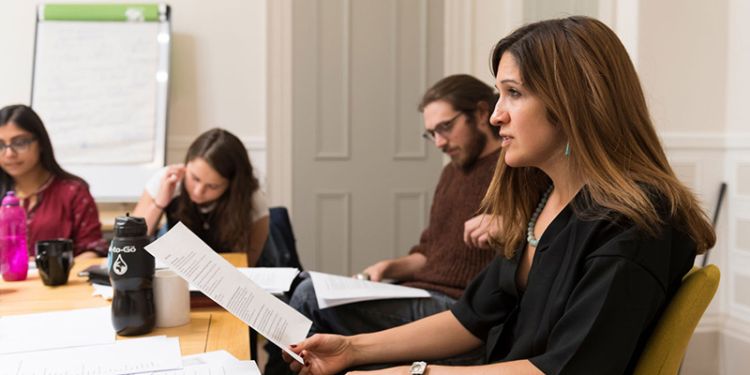Online workshops: The politics of romantic life

- Date: Wednesday 9 September 2020, 12:00 – 17:00
- Location: Off-campus
- Interval: Every day
- Until: Friday 11 September 2020
- Cost: Free
Dr Natasha McKeever (IDEA Centre) and Dr Luke Brunning (University of Birmingham) present a three-day programme of workshops exploring the ethics of romantic life.
The workshops will take place online and are presented by MANCEPT – the Manchester Centre for Political Theory at the University of Manchester.
Our choices over whom we love and sleep with, and how we love and have sex, are not made in a vacuum. Our relationships are influenced and structured by the political landscape in which we live. There is reason for us to think carefully about the social norms that guide our relationships and the social forces that influence to whom we are attracted.
Romantic relationships typically occur between people from the same social class, the same race, and the same age bracket. Arguably, therefore, they play a role in reinforcing social categories which promote inequality. As Elizabeth Brake (2012) writes, our relationship choices are shaped by sexism, racism, heteronormativity and amatonormativity (the prioritisation of romantic relationships over other caring relationships), all of which are oppressive structures that the state has constructed and continues to uphold.
Marriage is an obvious way in which the state gets involved in people’s relationships and reinforces social norms. Who can marry and what a marriage should look like are questions that are shaped by the state. Laws surrounding marriage have always been a reflection of, but also a contributor to, wider societal views about relationships and social structures more generally.
Women having no rights to own property in marriage, for example, contributed to how both men and women saw their position in society and sexist ideas constructed and reinforced by historical unjust laws continue to have a lingering impact today.
The first same-sex marriage took place in the UK in 2014; the consequence of a long, hard battle for same-sex couples to be given equal status to opposite-sex couples. However, marriage law is arguably still problematic, and currently could be seen to marginalise or discriminate against asexuals, aromantics, polyamorists, and people with alternative visions of marriage.
There have thus been calls for marriage law to expand further, or change completely. For example, Cheshire Calhoun has argued that polygamy should be legalised (2005), Claire Chambers (2017) has argued that state-recognised marriage should be abolished and replaced with piecemeal, practice-based regulation, and Brake (2012) has argued that it ought to be possible to divide up the bundle of rights and obligations that are transferred by marriage, so that people can have ‘minimal marriages’ with anyone with whom they share caring relationships.
Registration
This event takes place online and is free to attend. Please contact Dr Natasha McKeever to register your interest.

